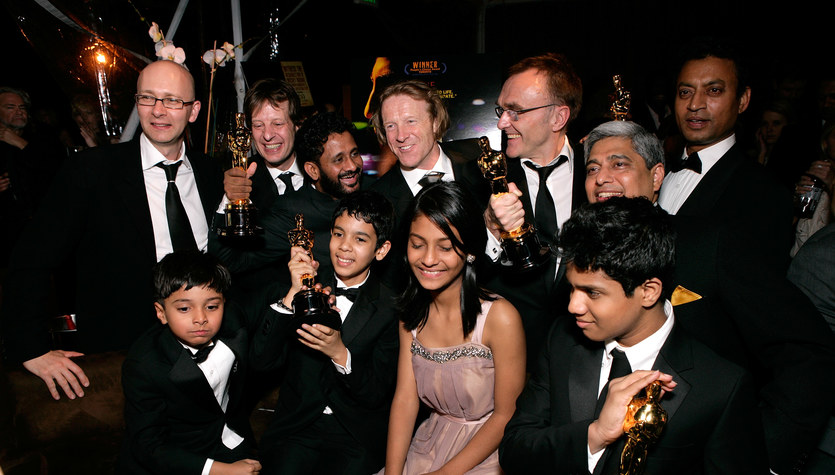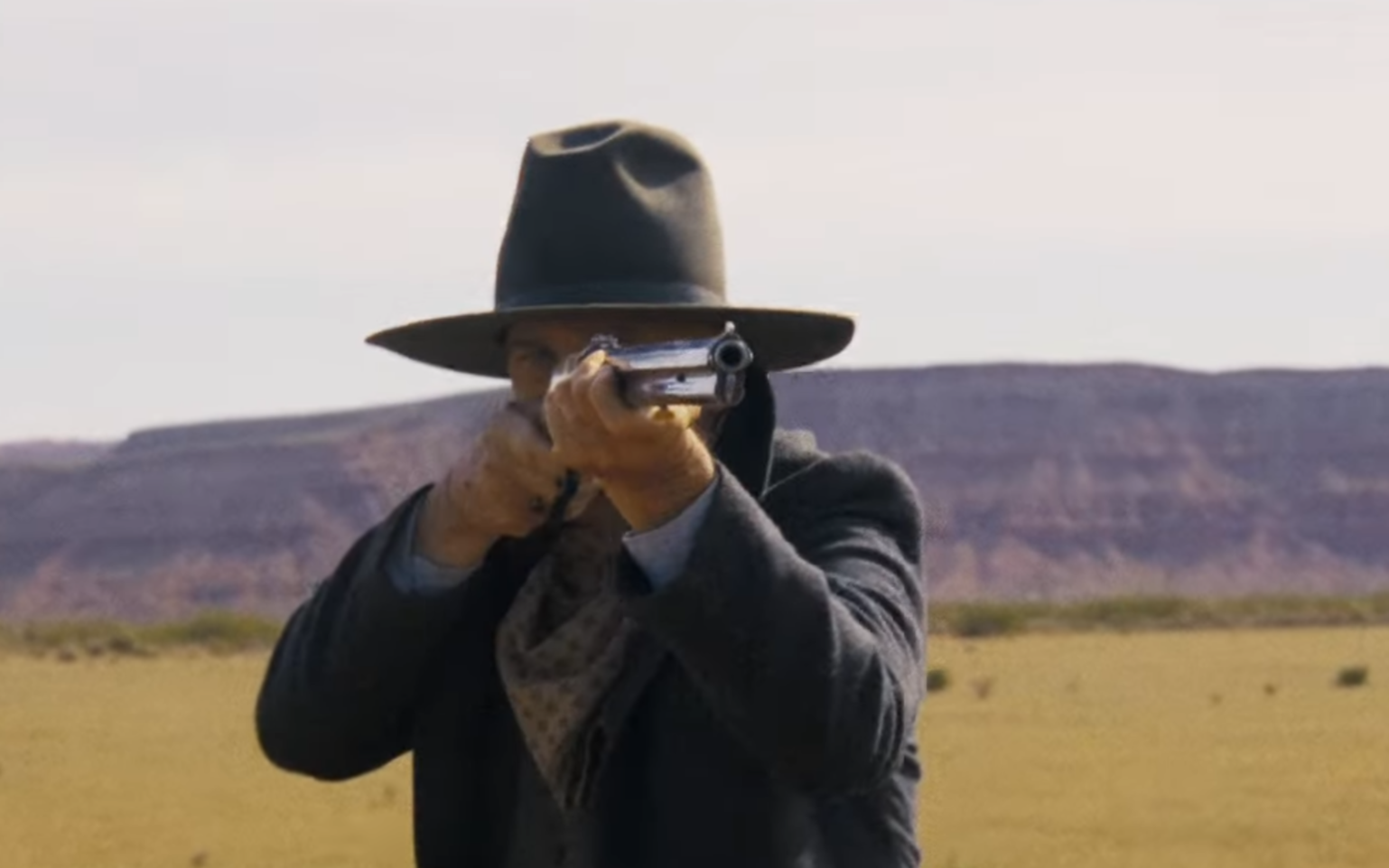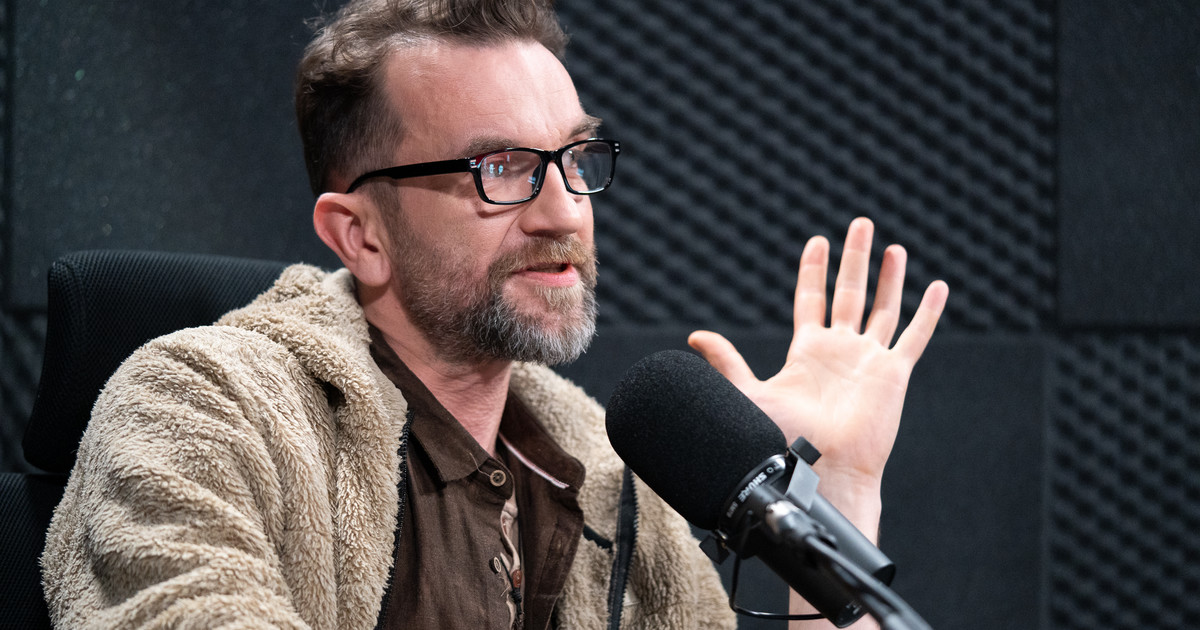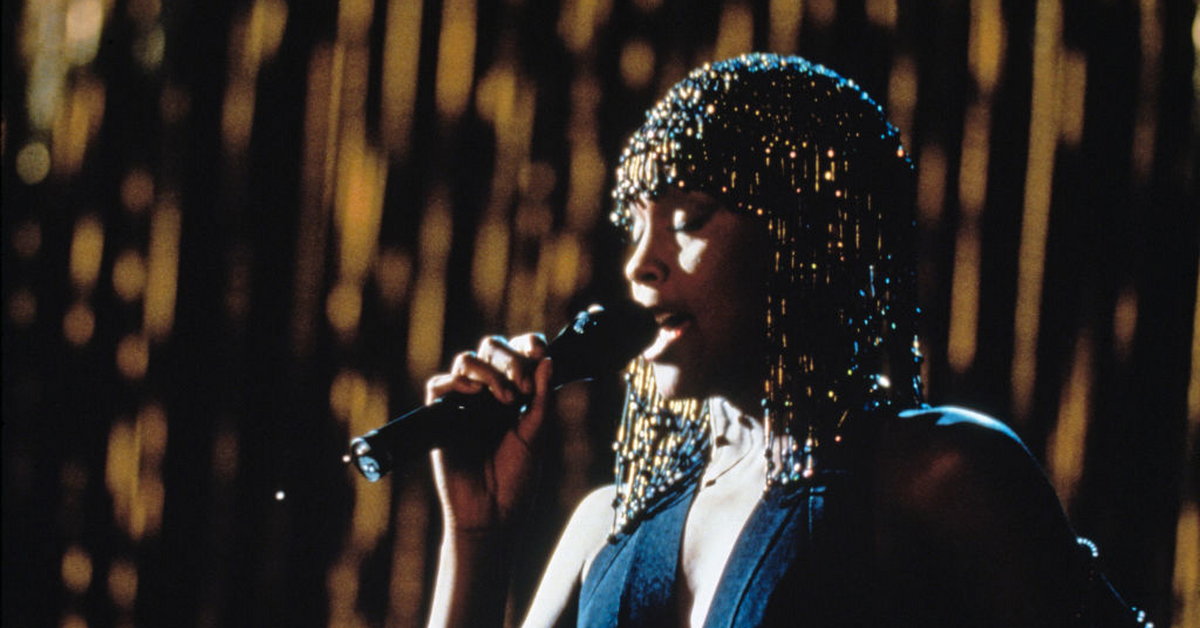The film revolves around eighteen-year-old Jamal Malik (Dev Patel), who competes on the Indian version of the game show Millionaires. An uneducated boy knows the answers to all the questions, which raises the suspicion of fraud. During the investigation, Jamal tells the police his life story and, by the way, reveals how he knew the answers to the questions asked during the show.
Indian reviewers were overwhelmingly favorable to Boyle’s film. However, there were some aspects that were particularly criticized. Language issues are mentioned above all. In the first chapter, the dialogues are spoken in Hindi. Conversations in the rest of the film are in English. According to critics, this had a negative impact on the realism of the events shown. Others pointed out that although the film was shot in India, it was actually a European or American production.
Some criticized the developers for the unrealistic happy ending. His most vocal opponent was Newsweek’s Sudeep Mazumdar. “The film was praised for its ‘realistic’ depiction of India’s slums. It’s nothing like that. Slum life is a cage. It robs you of your confidence in the rich and privileged. It takes away your pride, and kills your ambition. It limits your imagination and paralyzes you mentally with just Bypass your neighborhood. Most slum dwellers will never experience a fairytale ending.”
According to actor Aamir Khan, “Slumdog Millionaire” was about India much as Richard Attenborough’s “Gandhi” was made more than a quarter of a century ago. “This movie is about us, but it’s not our movie,” said the star. SRK, who was Boyle’s first choice to host the game show, disagreed. According to him, ‘Slumdog Millionaire’ opens up the world to India and shows how many stories can be told in this country.
The film’s release in India was accompanied by protests from some public figures who accused Boyle’s work of perpetuating Western stereotypes about poverty. Some have even called it poverty porn.
After the film’s premiere, a scandal broke out when it emerged that the youngest actors playing the main characters were paid between £500 and £1,700 for their work. After filming ended, they also had to return to live in the illegal slums. In response, Boyle and producer Christian Coulson issued a statement saying their goal was to improve the lives of child actors. Bank funds were opened to pay for their education, and regular transportation was arranged to take them from home to school and back daily.
Azharuddin Mohamed Ismail, who starred in the movie “Slumdog Millionaire” at the age of nine, used the fund’s money to pay for an apartment for his family when their previous residence was destroyed during slum clearance. However, in January 2020, he was forced to sell it due to lack of livelihood. Currently lives in a rented room.
Another controversy concerns Lovelin Tandan. She was the casting director in the pre-production phase of “Slumdog Millionaire”. She supported Boyle while filming in India. The Brit suggested signing her as co-director of the material being produced at the time. “She was with me every day and I relied heavily on her. She kept me from making big mistakes, explained everything to the child actors. And worked with them on the dialogue. If I literally translated a line of script text into A seven-year-old says it… So they had to come up with something that sounded good in that language.”
And the director herself states that she suggested, before filming began, to Boyle and Simon Beaufoy (screenwriter) to include the Hindi language in the film. In the end, 20% of the scenes were filmed there. Both agreed and asked her to translate the aforementioned dialogues. When she finished, Boyle offered her the role of co-director.
However, when awards season rolled around, the directing nominations went to Boyle alone. This was noted by Jean-Lisa Huttner, a Chicago film critic. “Knowing that Loveline Tandan was central to the creation and marketing of Slumdog Millionaire, how can we now sit back and watch it get completely ignored during award season?” she asked.
But the principal did not support her request. “I am ashamed of this. These suggestions are totally inappropriate. I am writing these words to indicate that I do not want my candidacy to be considered,” Tandan said. When the film’s producers took the stage to receive the Academy Award for Best Picture, she accompanied them.

“Amateur social media maven. Pop cultureaholic. Troublemaker. Internet evangelist. Typical bacon ninja. Communicator. Zombie aficionado.”










